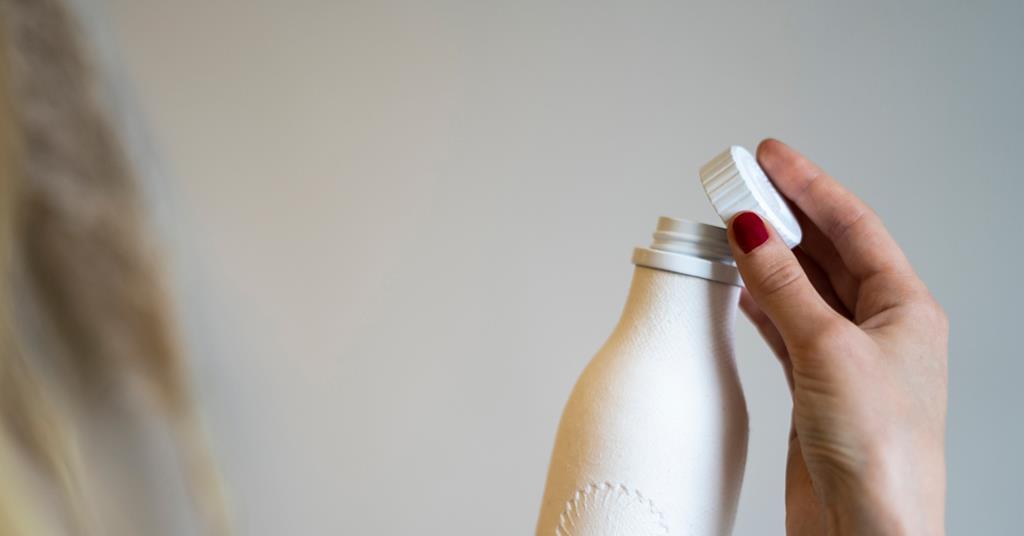
The bottle is made of paper fibers from FSC-certified sources; nevertheless, the first-generation bottle features an inner layer of recycled plastic to prevent seepage and keep the fresh aroma of the Lenor Fabric Conditioner inside.
Beginning in early 2023, 120,000 paper bottles of Lenor’s Fabric Conditioner will be available at Dutch grocery chain Albert Heijn as part of a pilot program.
The research will shed light on how effective a non-plastic bottle would be for liquid laundry products.
P&G’s senior vice president of research and development for the global fabric and home care business, Jerry Porter, said, “Our aim to create a 100% recyclable paper bottle that also retains liquids, protects the product, and maintains its integrity is an ambitious one.” For this reason, we think that achieving this degree of disruptive innovation requires a focus on making significant progress through partners and industry collaboration. It’s important to remember that there’s no such thing as a “beginning point” for a learning journey, and that success often requires multiple attempts.
“By working in conjunction with P&G Fabric & Home Care we have been able to tap into their significant knowledge in this industry,” said Florian Mueller, Paboco’s interim chief executive. The success of P&G’s first-generation bottle on the market may be attributed in large part to the company’s innovation prowess and in-depth knowledge of consumer needs. We will learn invaluable lessons from real-world application during the trial time. With these insights and P&G’s size and reach, we can move toward our goal of a widespread recyclable paper bottle and help the packaging industry reduce its carbon footprint.